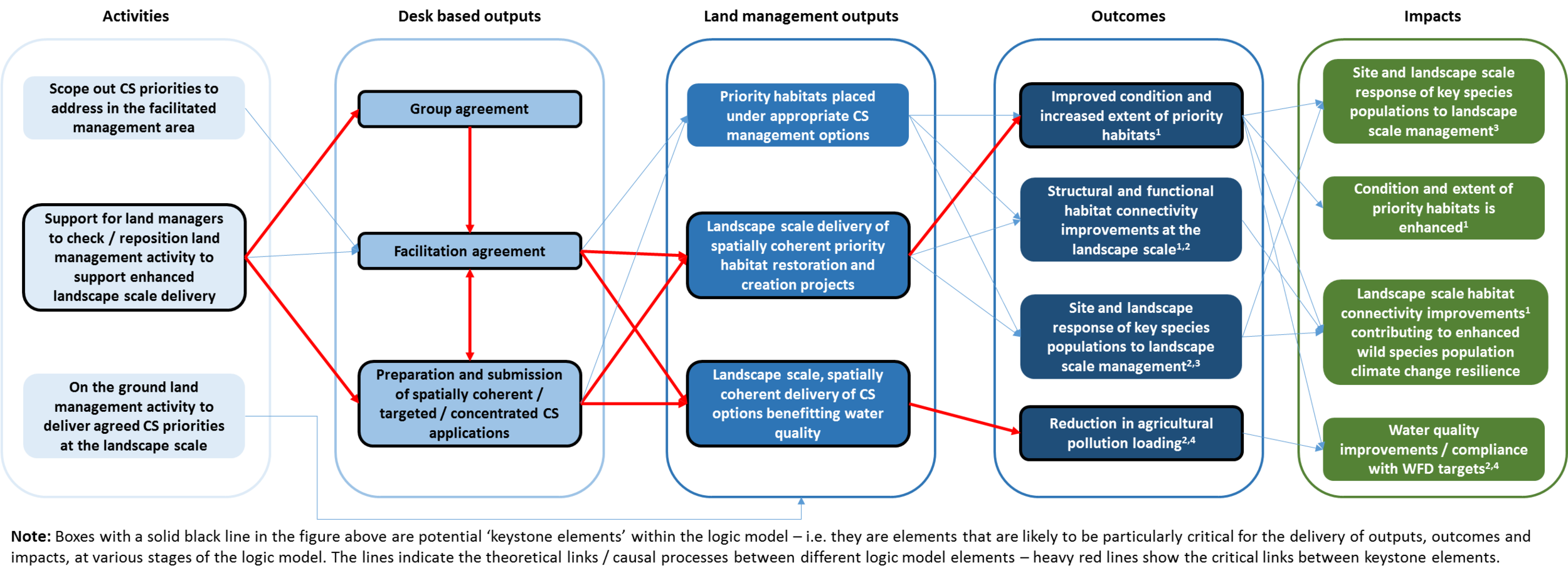CEP HELPING LEAD A SESSION ON FINDINGS FROM THE OUR BRIGHT FUTURE MID-TERM EVALUATION REPORT AT ANNUAL SEMINAR on 19 June 2019
CEP’s Owen White is attending this year’s annual Share Learn Improve seminar in Belfast of the Our Bright Future (OBF) programme as part of CEP’s role in the evaluation of the OBF programme. The seminar brings together all of the youth and environmental projects to discuss and share experiences and good practice in management and delivery.
As part of this seminar, Owen will be contributing to an interactive working session to engage participating projects in the findings of the Mid-Term Programme Evaluation Report, and identify specific actions and next steps for projects and the OBF Programme team.
The evaluation team is led by ERS with CEP and is carrying out the evaluation of the programme between 2016 - 2021. The Programme Evaluation seeks to identify, analyse and assess:
the collective impact of the portfolio of 31 projects;
the added value of the Programme i.e. what value has been derived from a programme with the Share Learn Improve, Policy and Youth Function and from the development of an Our Bright Future network/movement;
whether the Programme has achieved its long-term ambitions; and
best practice and lessons learnt, and provide evidence and guidance to support Programme learning and development.
Please contact Owen White (Technical Director) for more information.




